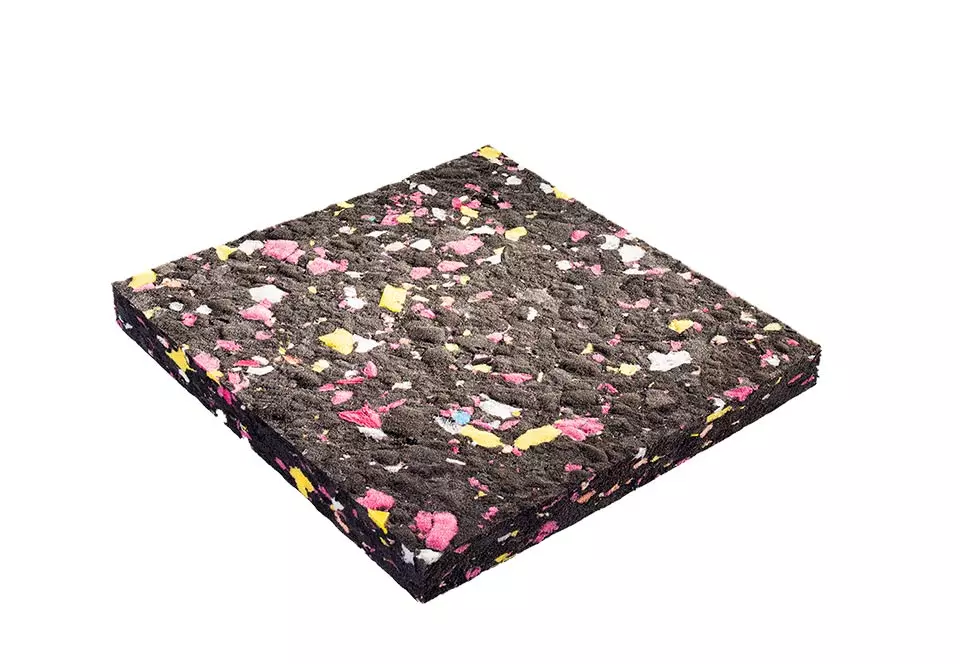Rigid Foams
Rigid foam is a type of insulation material that is characterized by its high strength and low density. It is commonly made from polystyrene, polyurethane, or polyisocyanurate and is used in a wide range of applications, including insulation for buildings and refrigeration systems, as well as in packaging and in the construction of boats and aircraft. Rigid foam comes in a variety of densities, with higher density foam offering greater strength and durability. It can also be coated with a range of materials to improve its resistance to heat, fire, and other environmental factors.
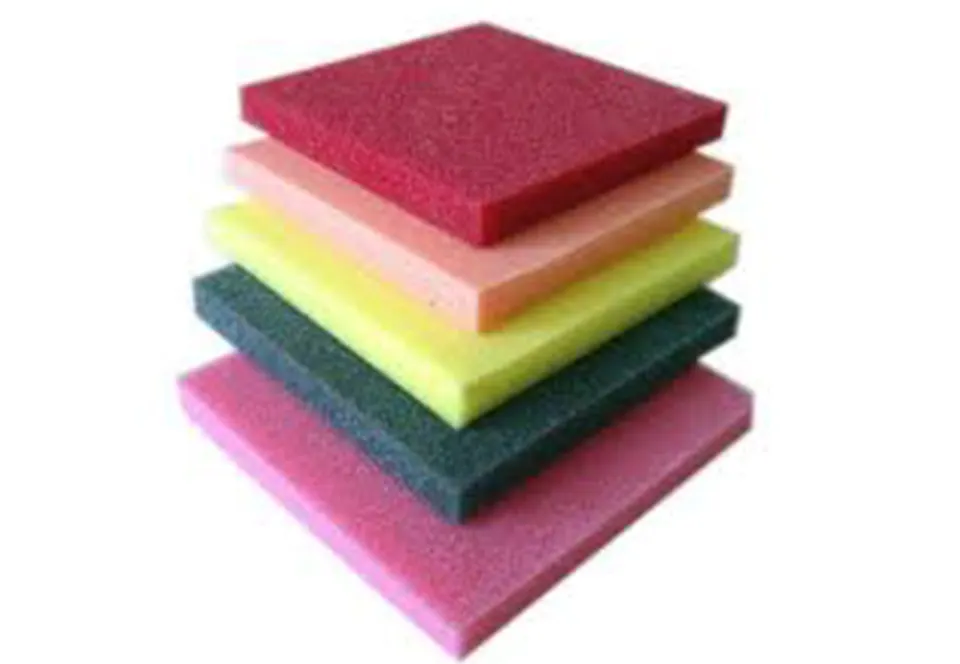
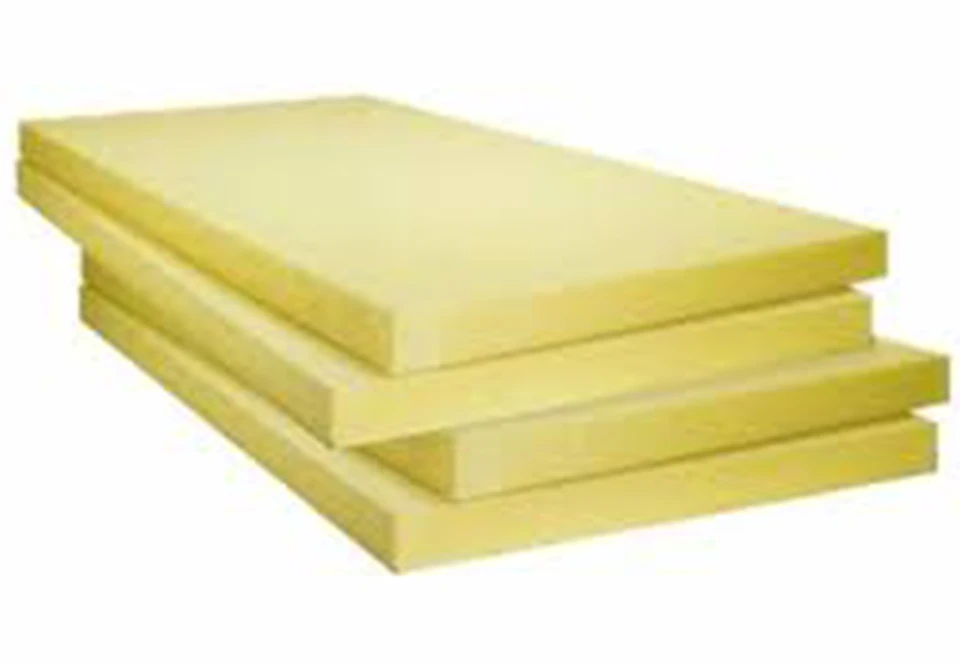
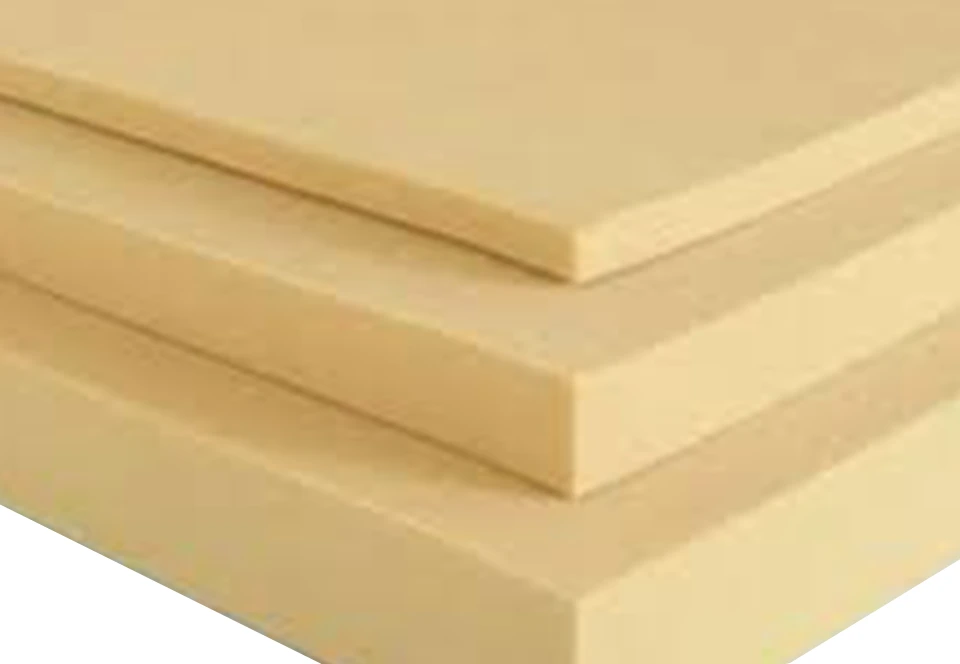
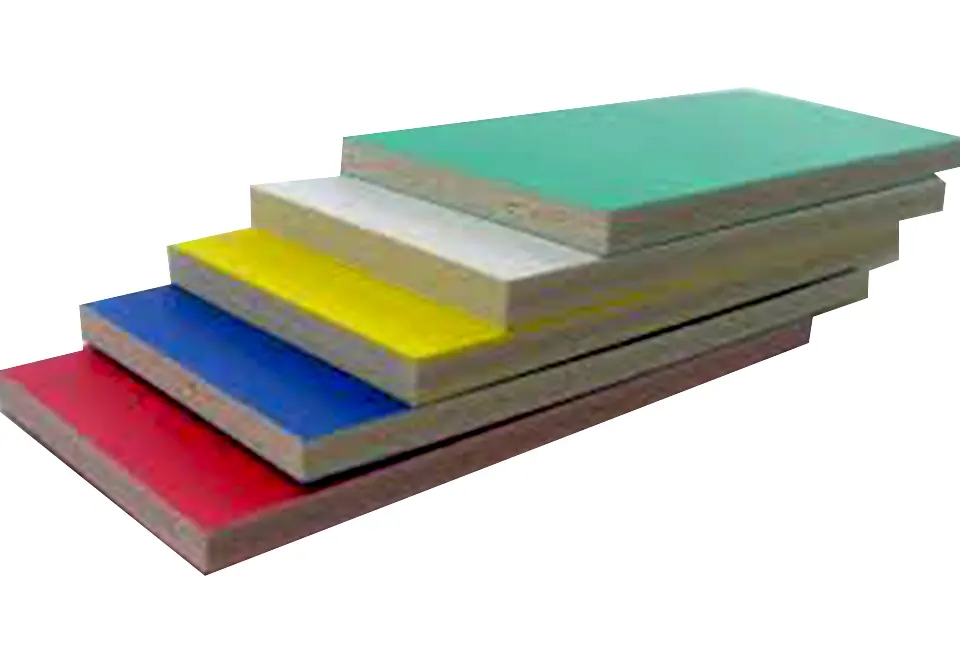
| Product Specification | ||
|---|---|---|
| Product Code | --- | |
| Density Available | 32, 45, 80 Density | |
| Shape | Square | |
| Application | Sound Insulation, Packings Cold Insulation Etc.. | |
| Patern | Customized | |
| Sample Available | 1 no's | |
| Certification | Yes | |
| Main Demestic Market | All India | |
| Colour | Yellow | |
| Grades | FR and NON FR | |
| Third Party Confirmation | Yes | |
Product Description
One of the key characteristics of rigid foam is its high insulation value, which makes it ideal for use in buildings and other applications where thermal insulation is required. It is also highly resistant to moisture, which makes it ideal for use in refrigeration systems and other applications where moisture can be a problem.
Another important characteristic of rigid foam is its ease of installation. It can be easily cut to size and shaped to fit around corners and other obstacles, making it a highly versatile material for a range of applications.
In addition to its insulation properties, rigid foam is also highly resistant to damage from insects, rodents, and other pests, making it ideal for use in areas where these types of pests are common.
Rigid Foams Characteristics
Rigid foams are a type of foam that is known for their high density and structural stability. They are made up of closed-cell foam, which means that the cells are completely sealed and do not allow air or other gases to pass through them. This characteristic gives rigid foams their ability to provide excellent insulation, as they prevent the transfer of heat or cold.
One of the key characteristics of rigid foams is their high compressive strength, which makes them ideal for use in structural applications. They are also lightweight, yet durable and can withstand heavy loads without deformation. Additionally, rigid foams have excellent resistance to chemicals, moisture, and fire, making them ideal for use in harsh environments.
Rigid foams come in different types, each with their unique characteristics. Polyurethane foam is one of the most popular types of rigid foam, known for its excellent insulation properties, high strength, and versatility. Another type of rigid foam is polystyrene foam, which is lightweight, has good insulation properties, and is often used in the construction industry.
Another characteristic of rigid foams is their ability to be molded into various shapes and sizes. This makes them highly versatile and useful in a range of applications, including packaging, insulation, construction, and marine industries.
Finally, rigid foams are eco-friendly and can be recycled, making them a sustainable choice for many applications. They are also known for their ability to reduce energy consumption, lower carbon footprint, and improve overall environmental impact.
Overall, the unique combination of structural stability, high strength, insulation, and eco-friendliness makes rigid foams an excellent choice for a range of applications, from construction and packaging to transportation and marine industries.
Rigid Foams Applications
Rigid foams are versatile materials that are widely used in various applications across different industries. Some of the key applications of rigid foams include insulation, structural support, packaging, and transportation.
In the building and construction industry, rigid foams are commonly used as insulation materials in roofs, walls, and floors. The high insulation properties of rigid foams help in reducing energy consumption and minimizing the carbon footprint of buildings. Rigid foams are also used as structural support materials in the construction of bridges, highways, and other infrastructure projects.
In the automotive industry, rigid foams are used as core materials for sandwich structures in the manufacture of car interiors, doors, and roofs. Rigid foams provide excellent noise and vibration damping properties, making them ideal for use in the automotive industry.
Rigid foams are also commonly used in the packaging industry as protective packaging materials for delicate items such as electronics, glassware, and medical devices. The high strength and shock absorption properties of rigid foams help in preventing damage during transportation and storage.
Another important application of rigid foams is in the marine industry, where they are used as buoyancy materials for boats, ships, and other marine vessels. Rigid foams provide excellent buoyancy and insulation properties, making them ideal for use in the marine industry.
In the aerospace industry, rigid foams are used as core materials for sandwich structures in the manufacture of aircraft interiors and structural components. The lightweight and high strength properties of rigid foams make them ideal for use in the aerospace industry, where weight reduction is critical.
Overall, the unique characteristics of rigid foams make them ideal for use in a wide range of applications across different industries. The versatility and adaptability of rigid foams make them an important material for modern manufacturing processes, and they will continue to play an important role in various industries in the future.
FAQ's
Rigid foam is a type of insulating material made from polymer or resin-based foam that provides excellent thermal insulation properties. It is commonly used in construction and various industries to enhance energy efficiency.
Rigid foam is used for a wide range of applications, including insulating walls, roofs, and foundations in buildings, as well as in industries like refrigeration, packaging, and transportation to provide insulation and structural support.
There are several types of rigid foam insulation materials, including expanded polystyrene (EPS), extruded polystyrene (XPS), polyisocyanurate (polyiso), and polyurethane foam. Each type has unique properties and advantages suited for different applications.
Rigid foam insulation enhances energy efficiency by reducing heat transfer through building envelopes. It provides a continuous and highly effective thermal barrier, minimizing temperature fluctuations and reducing the need for heating and cooling, thus lowering energy consumption.
When installing rigid foam insulation, it's essential to ensure proper placement and sealing to prevent air leaks and moisture infiltration. Additionally, it's important to select the right type of rigid foam insulation based on the specific application and environmental conditions.


